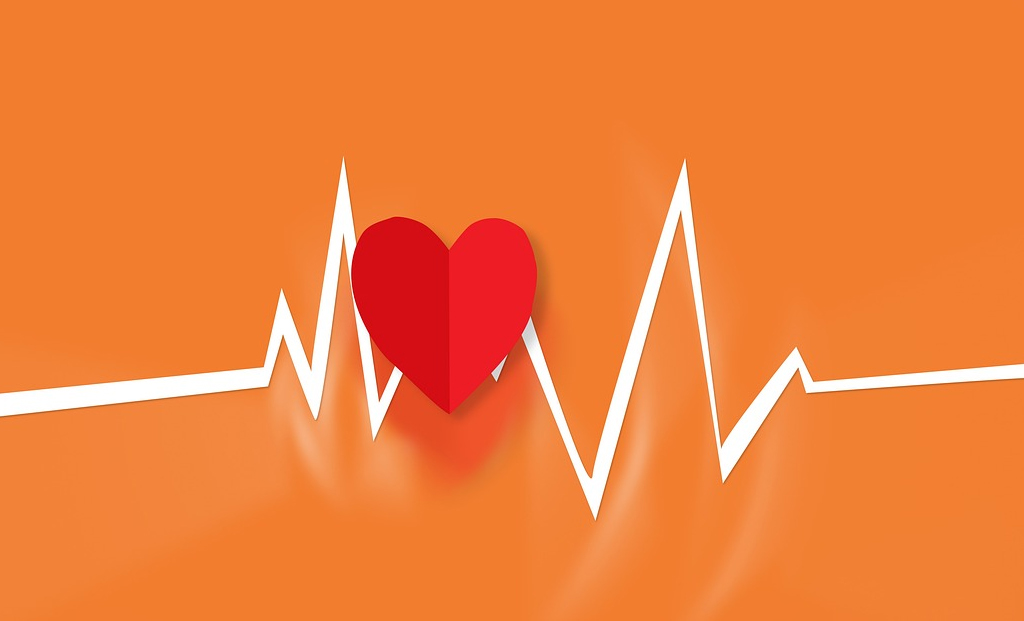Traveling can be an exhilarating experience, but it can also put a strain on your cardiovascular system. Whether you’re flying long distances, taking a road trip, or hopping on a train, it’s essential to prioritize your heart health. Here are some tips to help you maintain your haemodynamic health while traveling:
1. Stay Hydrated: Drink plenty of water throughout your journey to keep your body hydrated. This helps maintain proper blood volume and circulation.
2. Move Around: Avoid sitting for long periods of time, especially during long flights or car rides. Take breaks and stretch your legs to improve blood flow and prevent blood clots.
3. Wear Compression Socks: Consider wearing compression socks, especially during long flights or when sitting for extended periods. These socks help promote circulation in your legs and reduce the risk of blood clots.
4. Eat Healthy: Opt for nutritious meals and snacks while traveling. Include fruits, vegetables, lean proteins, and whole grains to provide your body with essential nutrients and support overall cardiovascular health.
5. Limit Alcohol and Caffeine: While it may be tempting to indulge in alcoholic or caffeinated beverages during your trip, try to limit your intake. These substances can dehydrate your body and affect your blood pressure.
6. Manage Stress: Traveling can sometimes be stressful, so find ways to relax and manage stress. Practice deep breathing exercises, listen to calming music, or engage in activities that help you unwind.
7. Get Enough Sleep: Adequate sleep is crucial for maintaining overall health, including haemodynamic health. Try to stick to your regular sleep routine, even while traveling, to ensure you’re well-rested.
8. Check Medications: If you’re taking any medications, make sure you have an ample supply for the duration of your trip. Consult with your healthcare provider to ensure you have the necessary prescriptions and any additional recommendations for your journey.
Remember, these tips are general guidelines. If you have any specific health concerns or conditions, it’s always a good idea to consult with your doctor before embarking on your trip.











